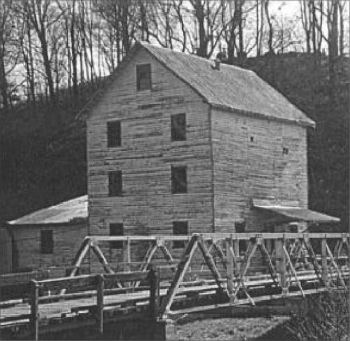|
|
 |
Clements Mill (Piedmont Mill) circa 1870 |
|
Transportation and Land Use campaign will concentrate on protecting existing communities and the surrounding natural environment on which their health and well-being depends from the threat of massive highway projects. This campaign will push for local control of highway projects for local needs, with support for improvements and upgrade to existing roads in lieu of building new roads. Topping the list are I-73, featured in Road to Ruin as one of the nation's top 50 worst highway projects in 2004. |
|
Nov. 04, 2019: In our oral comments, we mention that in 2017 the state's rules for mining were radically altered to allow perpetual permits for mining, both for new operations and for modifications of existing operations. We outline concerns with the applicant and how legislative changes have led to unforeseen consequences. |
|
Aug. 23, 2019: The Reconstruct/Fix U.S. 220 option was dismissed and not continued to the alternative phase, resulting in a situation where only fully access-controlled freeways on new alignment are being considered. According to the August 2019 VDOT video presentation, the level of access control will be evaluated and could change once the preferred alternative advances to the final design stage.
|
|
Jan. 23, 2014: At the Stokes County Planning Board meeting in Danbury on Thursday night, The
Blue Ridge Environmental Defense League (BREDL) submitted testimonies opposing
the re-zoning of 77 acres for industrial bioremediation, the depositing of petroleum-
contaminated soil onto farm land.
|
|
Feb. 13, 2013: Therese Vick's powerpoint presentation, which was presented in Lee County, about split estates. Over time, Split Estate has come to be defined as a situation in which a property owner is not the same party who owns the rights to extract minerals from underneath the property.
|
|
BREDL Fact sheet: How to discover who owns the mineral rights underneath your property
|
|
July 2012: BREDL fact sheet on bioremediation (landfarming)
|